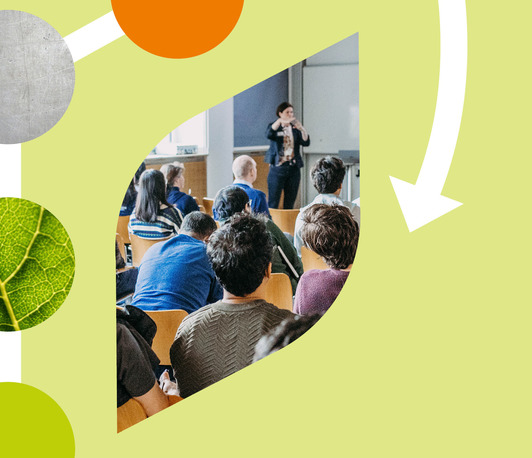Towards more sustainable uses of rare earth elements - from an inorganic and biological perspective
Colloquia Series on Sustainable Metallurgy
- Date: Apr 1, 2025
- Time: 04:00 PM - 05:00 PM (Local Time Germany)
- Speaker: Prof. Lena Daumann; Dr. Carl-Eric Wegner
- Bioinorganic Chemistry at Heinrich Heine University Düsseldorf (HHU)
- Location: Max Planck Institute for Sustainable Materials
- Room: Hybrid / Large Seminar Room No. 203
- Host: Prof. Christina Scheu
- Contact: c.scheu@mpie.de
- Topic: Lectures

Speakers: Prof. Lena Daumann & Dr. Carl-Eric Wegner, Heinrich Heine University Düsseldorf
Host: on invitation of Prof. Christina Scheu
Lanthanides (Ln) - the f-elements from Ce to Lu, along with La - are indispensable for modern life. These elements are at the heart of advancements in green energy technologies, energy-efficient lighting, and various industrial and medical applications. They are pervasive in our daily lives, and represent the most recent addition to the realm of bio-metals. For years, the evolution of Ln-dependent enzymes was thought improbable due to their low bioavailability and the misconception surrounding the rarity of these "rare" earth elements. The discovery of Ln-dependent enzymes in microorganisms paved the way for a new field in microbial biochemistry and is now a thriving area, from which exciting industrial applications have already emerged. We want to show you how approaching microbial Ln utilization from the dual perspective of bioinorganic chemistry and microbiology can unlock its treasure chest and pave the way for the development of new catalysts, Ln-binding chelators, and ultimately sustainable use of Ln in everyday life. Examples how bacteria or their biomolecules can be used to separate Ln from radioactive mining waste or Ln-containing End-of-Life materials, will be presented.
Registration: https://plan.events.mpg.de/event/426
The colloquia series is organized by of the International Max Planck Research School on Sustainable Metallurgy (IMPRS SusMet)